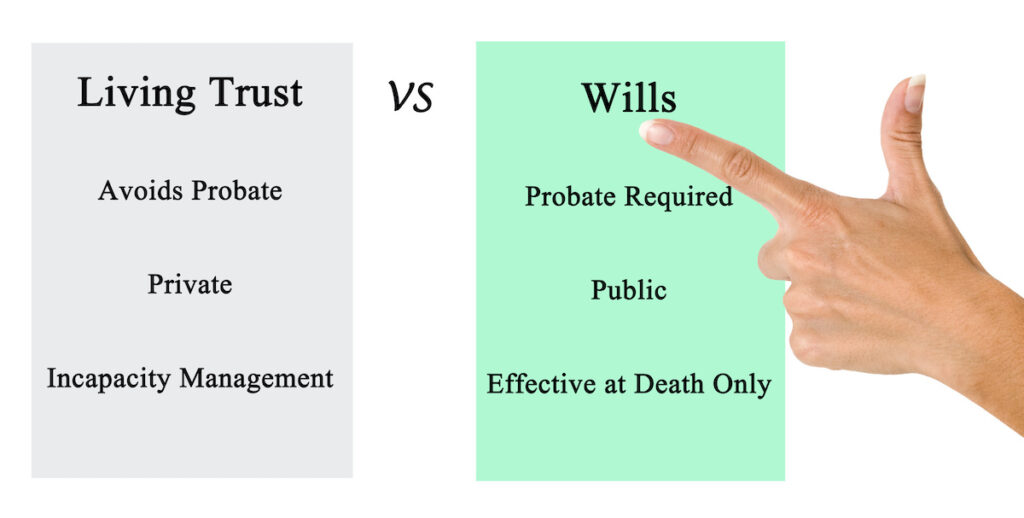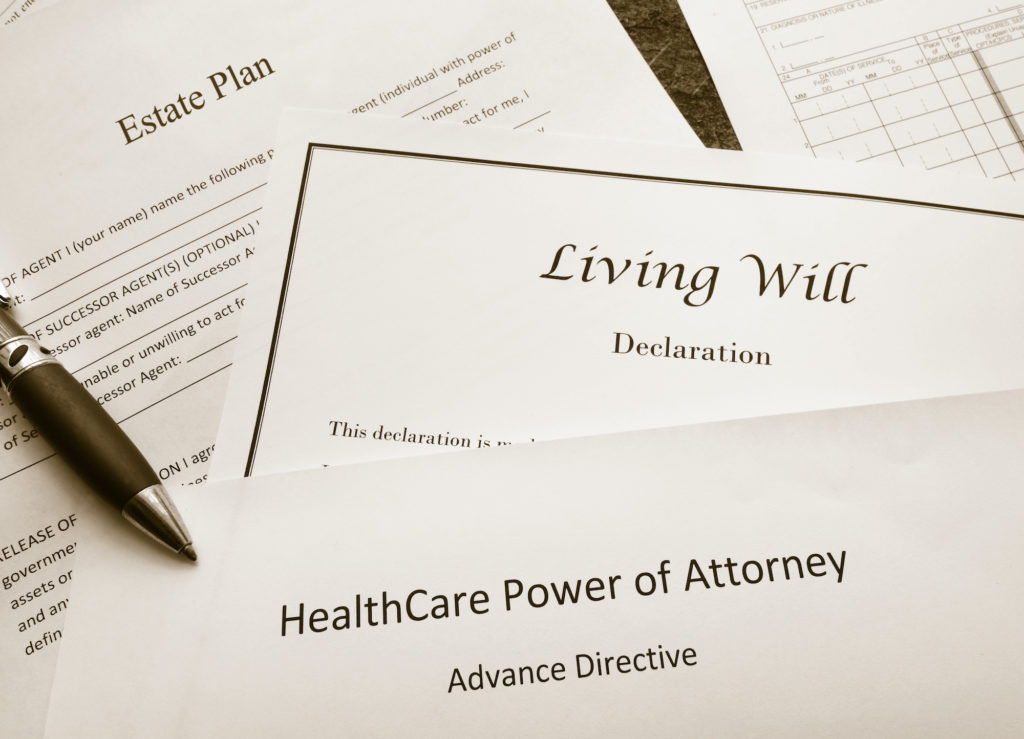The legally valid written instructions that a person creates describing how they want their money and property distributed upon their death. Wills are highly recommended, but there is no legal requirement to have one. To make a will legally valid, it must be properly executed in accordance with state law. Executing a will involves signing the document in front of witnesses. Additionally, at the time of signing, the creator must have capacity (i.e., be of sound mind).
Category Archives: Wills
To avoid any unnecessary complications in the settling of your affairs, take care to avoid ambiguous or unclear language in your will. If there are any doubts about your last wishes, the executor and beneficiaries may wish to consult with an estate planning lawyer to discuss next steps.
Christmas and birthday gifts can leave lasting impressions on your grandchildren, but you may want to provide them with a gift that can assist them in building a savings account, furthering their education, or purchasing their first home, to name just a few. We hope this information will assist you in analyzing the important details of making a gift that can often be overlooked.
A last will and testament provides instructions about who should receive a person’s money and property when they die.
In addition to asset distribution, your executor makes a public notice of your death, files your final taxes, and records your will in probate court.
When choosing trusted decision makers, select individuals based on their strengths. In other words, consider which characteristics or traits each decision-making role requires.
Expressing your end-of-life wishes during a family meeting helps ensure that everyone stays on the same page when the time comes.
We live in an increasingly digital world now. And courts increasingly determine whether a will created and stored on a computer, tablet, or cell phone and e-signed meets the traditional requirements of being “in writing” and “signed by the will maker.”
Since you spend your time rescuing other people, you may find it difficult to imagine a time when you might need help or rescue.
If something happens, a successor trustee you previously selected steps in without court involvement. In such a case, they manage the trust on your behalf. You can also designate what happens to the trust’s money and property at your death.











